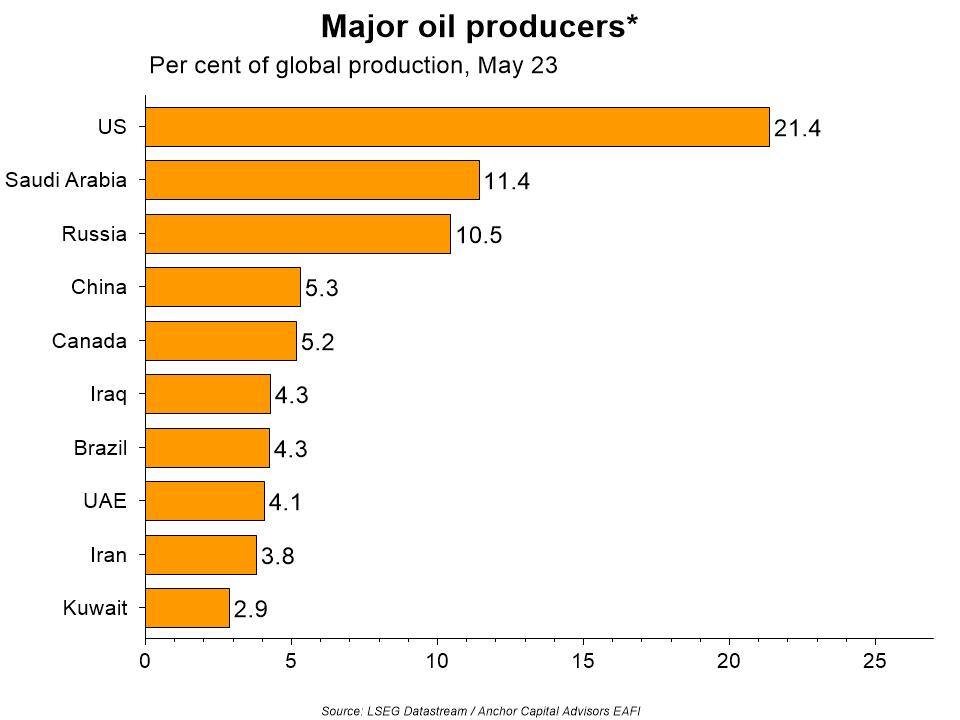Impact of conflicts in the Middle East on financial markets
The instability in the Middle East may influence global financial markets because of the impact of energy prices on the whole economy.
How geopolitical conflicts affect oil prices
Geopolitical conflicts in the Middle East tend to generate uncertainty in energy markets, particularly in oil prices. The region is a major supplier of crude oil globally, and any disruption in production or distribution can cause significant price spikes.
Geopolitical conflicts in the Middle East tend to generate uncertainty in energy markets, particularly in oil prices.
In addition, tensions in the Middle East often result in an increased perception of risk among investors, which can lead to speculative movements and volatility in oil prices. Oil prices therefore become a barometer of geopolitical stability in the region.
The strategic importance of the Middle East in energy markets
The Middle East holds some of the world's largest reserves of oil and natural gas, making it strategically important in global energy markets. Countries such as Saudi Arabia, Iran, Iraq and the United Arab Emirates are key players in energy supply.
The Middle East has some of the world's largest oil and natural gas reserves, making it strategically important in global energy markets.

The Organisation of Petroleum Exporting Countries (OPEC), of which several Middle Eastern countries are prominent members, plays a key role in determining oil production and export policies. Thus, any change in the stability of this region has direct and immediate repercussions on energy markets.
Impacts on global stock markets
Instability in the Middle East can have a significant impact on global stock markets. Rising oil prices may raise production costs for companies in various sectors, reducing their profit margins and negatively affecting their stock market valuations.
The instability in the Middle East may have a significant impact on global stock markets.
However, not all the repercussions are negative. For example, companies in the energy sector may see increases in their shares due to expectations of higher revenues from higher oil prices. In short, the effects vary depending on the industry and the companies' exposure to energy costs.
The impact will vary depending on the industry and the companies' exposure to energy costs.
Impact on inflation and monetary policies
Higher oil prices tend to have an inflationary effect, as transportation and production costs rise, resulting in higher prices for goods and services. This phenomenon can force central banks to adjust their monetary policies to control inflation.
For example, the US Federal Reserve could decide to maintain or even raise interest rates to curb inflation. However, such adjustments may have side effects, such as slowing economic growth or increasing unemployment.
Future outlook and investment strategies
For the future, it is critical for investors to consider the volatility inherent in energy and geopolitical markets. Diversifying investments and keeping abreast of developments in the Middle East can help mitigate risks.
In addition, investors should consider the volatility inherent in energy and geopolitical markets.
In addition, investors may want to consider adjusting their portfolios based on inflation expectations and monetary policies. For example, it may be prudent to increase exposure to assets that traditionally benefit in inflationary environments, such as commodities or certain types of real estate.

